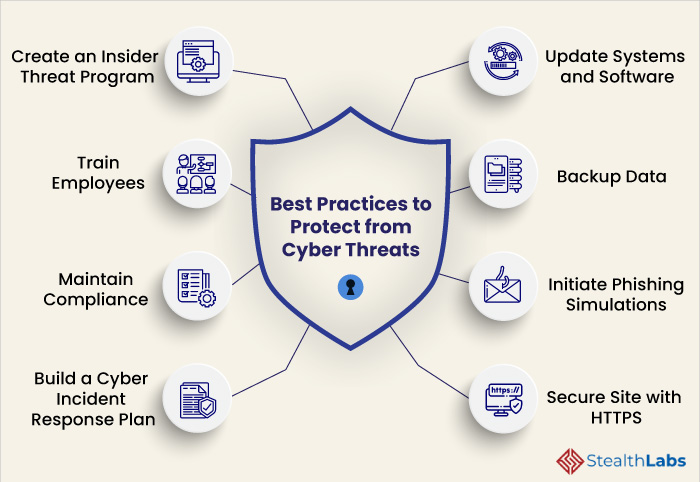The Importance of Cybersecurity: Best Practices for Field Engineers
29 April 2023

In today's digital age, cybersecurity has become a critical concern for businesses and individuals alike. Cyberattacks are becoming more frequent and sophisticated, and the costs of a data breach can be significant, both in terms of financial losses and reputational damage. As such, it is essential for field engineers to prioritize cybersecurity in their work, ensuring that networks and data are protected against potential threats. In this blog post, we will explore the importance of cybersecurity for field engineers and provide best practices for ensuring network and data security.

The Importance of Cybersecurity for Field Engineers
As field engineers work on the front lines of IT support, they are often the first line of defense against cyber threats. Field engineers are responsible for setting up and maintaining networks, ensuring that hardware and software are up to date, and troubleshooting issues that arise. They are also responsible for ensuring that networks and data are secure, protecting against potential threats such as malware, phishing attacks, and hacking attempts. A breach in network or data security can have significant consequences, including the loss of sensitive information, the disruption of business operations, and financial losses.
Best Practices for Ensuring Cybersecurity
Use Strong Passwords: Strong passwords are critical to network and data security. Field engineers should ensure that passwords are at least eight characters long, contain a mix of upper and lowercase letters, numbers, and special characters, and are changed regularly.
Keep Software Up to Date: Keeping software up to date is critical to network security, as outdated software can contain vulnerabilities that can be exploited by hackers. Field engineers should ensure that software is patched and updated regularly.
Use Firewalls: Firewalls are a critical component of network security, protecting against unauthorized access and blocking potential threats. Field engineers should ensure that firewalls are in place and configured correctly.
Use Antivirus Software: Antivirus software can detect and remove malware, protecting against potential threats. Field engineers should ensure that antivirus software is installed and updated regularly.
Backup Data: Backing up data regularly is critical to ensuring that data can be restored in the event of a breach or other disaster. Field engineers should ensure that data is backed up regularly and stored securely.
Train Employees: Employee training is critical to network security, as employees can be the weakest link in the security chain. Field engineers should ensure that employees are trained in cybersecurity best practices, including password management, email security, and social engineering.
Monitor Networks: Monitoring networks for suspicious activity can help identify potential threats before they become a problem. Field engineers should ensure that networks are monitored regularly, and that alerts are set up to notify of potential security breaches.
Conclusion
In conclusion, cybersecurity is a critical concern for field engineers. As the first line of defense against potential threats, field engineers must prioritize network and data security, implementing best practices to protect against potential threats. By using strong passwords, keeping software up to date, using firewalls and antivirus software, backing up data, training employees, and monitoring networks, field engineers can ensure that networks and data are protected against potential threats. By taking a proactive approach to cybersecurity, field engineers can help prevent potential breaches and protect against the significant consequences of a cyberattack.
frontend.comments(1)
Drsmond King
CYBERSECURUTY is an absolute necessary in this era, we definately need to be versatile in security our environment